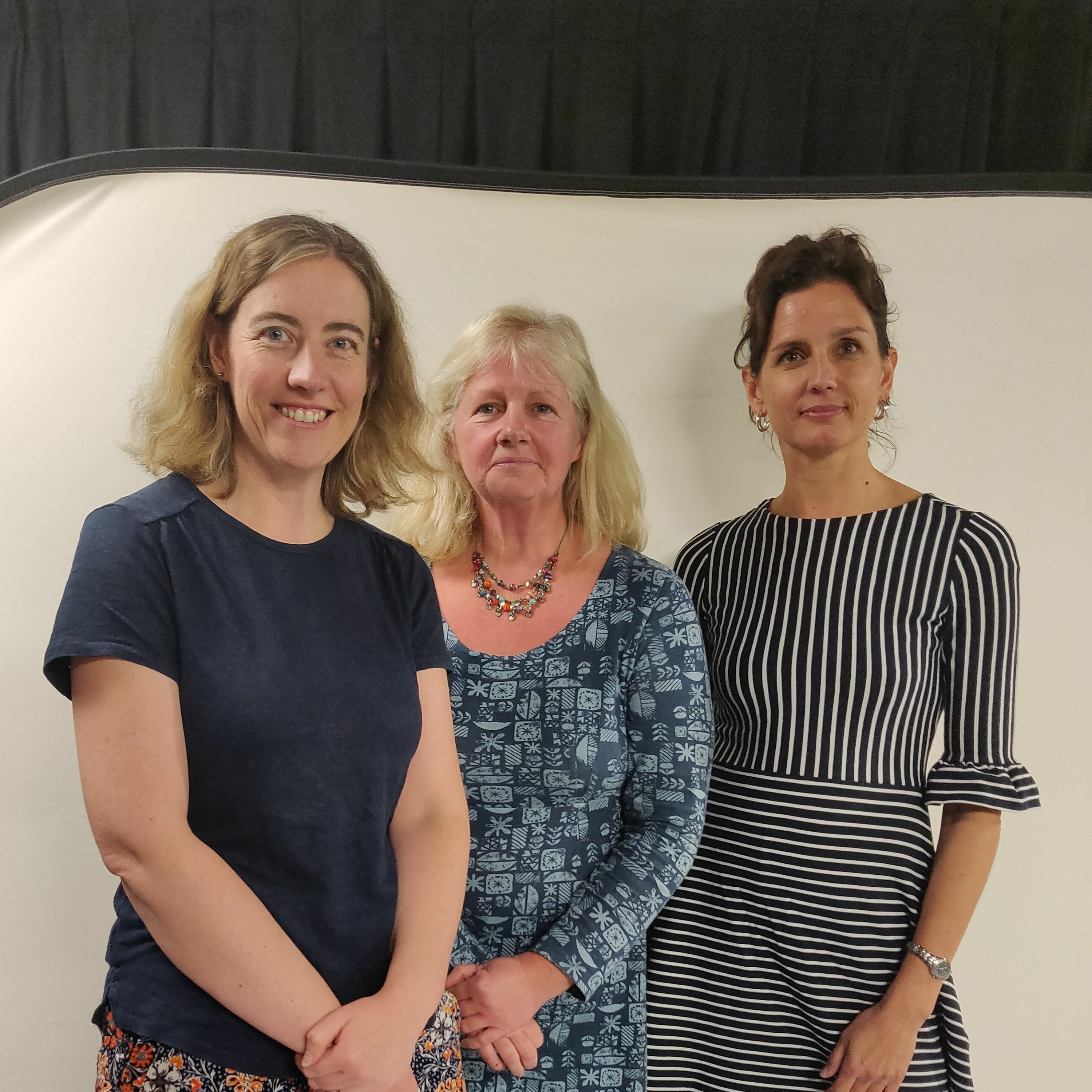Impact of Patient and Public Involvement in Research

In this latest podcast we hear from a volunteer, researcher and charity working closely together to ensure that people affected by dementia are involved in every stage of research to maximise impact. We discuss the challenges of PPI and provide some practical advice to support you to work with volunteers in a mutually beneficial way.\n\nPatient and public involvement (PPI) in research is a philosophy whereby research is carried out \u2018with\u2019 or \u2018by\u2019 people affected by the condition rather than \u2018about\u2019, \u2018for\u2019 or \u2018to\u2019 people.\n\nOver the past twenty years an increasing value has been placed on including the lived experience of patients and the public in research covering the full spectrum of basic science through to health services.\n\nOur panellists today all work for or are funded by Alzheimer\u2019s Society - Anna-Louise Smith, Research Engagement Manager, Dr Kirsten Moore, UCL Senior Research Fellow and Jane Ward, Research Network Local Area Coordinator.\n\nAlzheimer\u2019s Society has pioneered the active involvement of people affected by dementia through their award winning Research Network, since 1999. More recently, over the last year Alzheimer\u2019s Society has been considering the evidence surrounding how it involves people affected by dementia in research and moving the conversation about PPI forward from \u2018proving\u2019 why it should be done to \u2018improving\u2019 how it can do it in partnership with researchers.\n\nFor more information on Alzheimer's Society work on Patient and Public Involvement and to get involved visit:\n\nhttps://www.alzheimers.org.uk/research/play-your-part-research/patient-and-public-involvement\n\nTo see other content on this topic via our twitter feed #PPIImpact visit:\n\nhttps://twitter.com/search?q=%23PPIImpact&src=typd